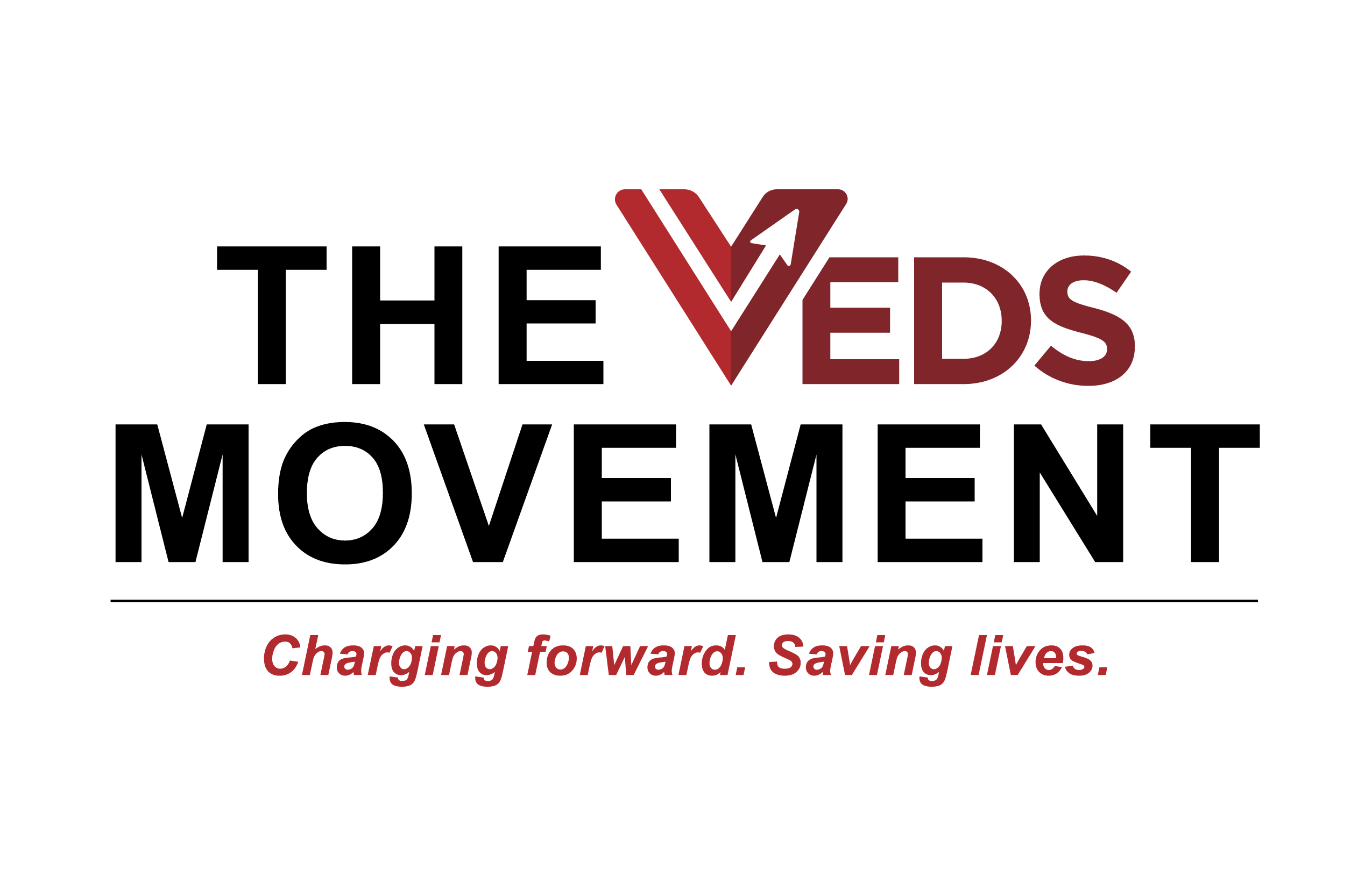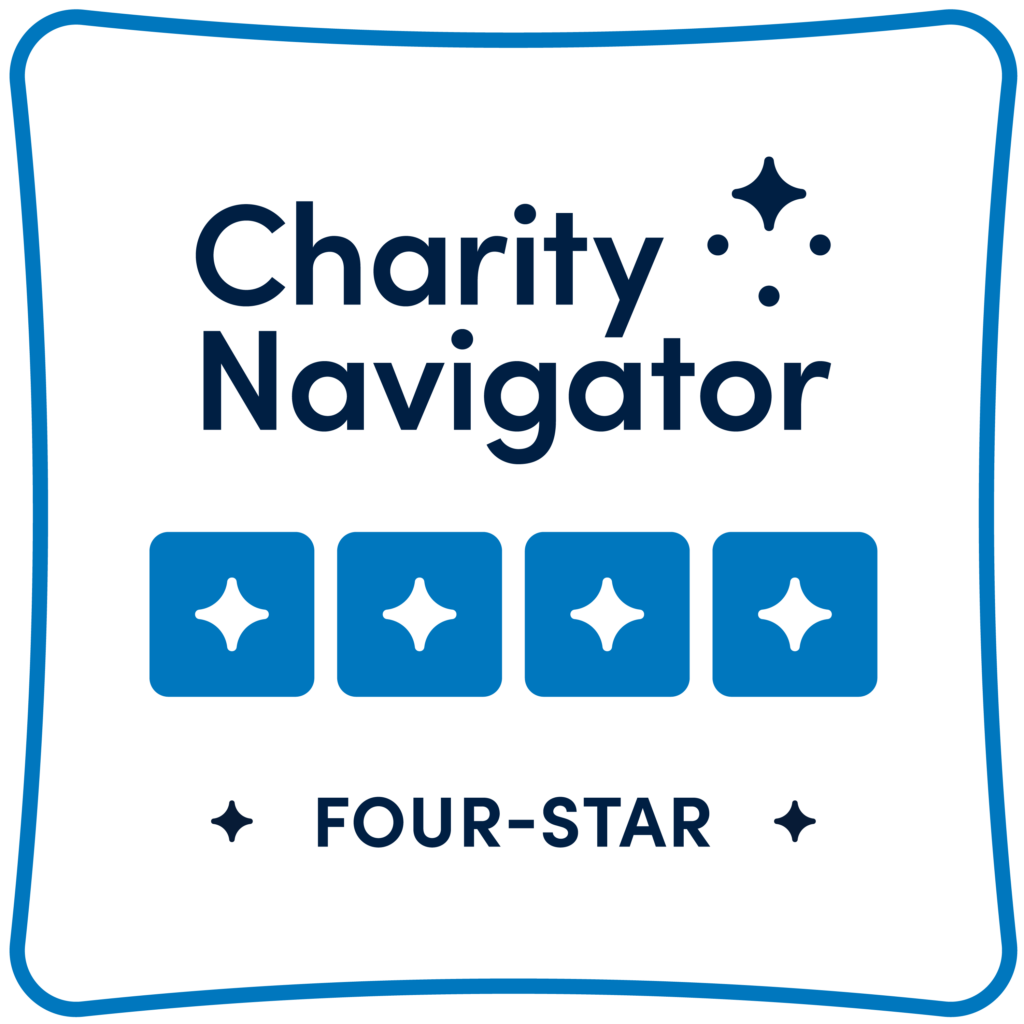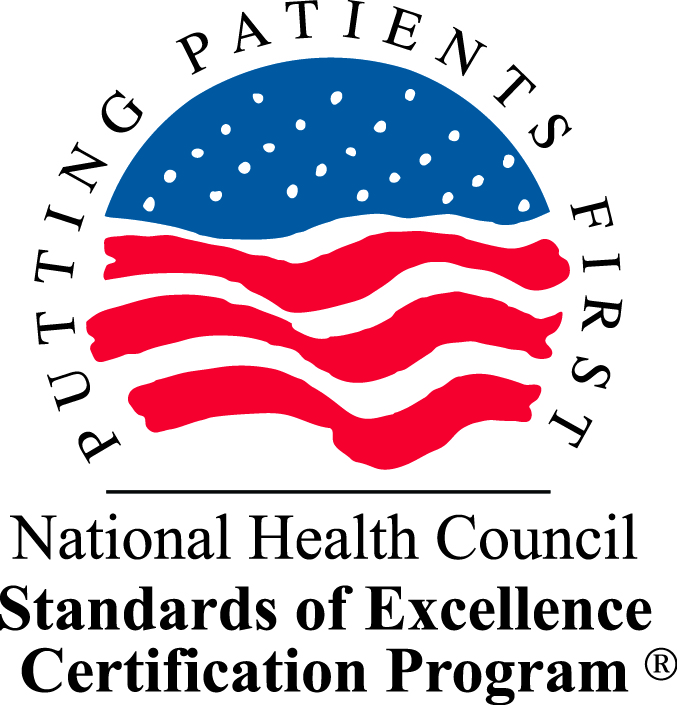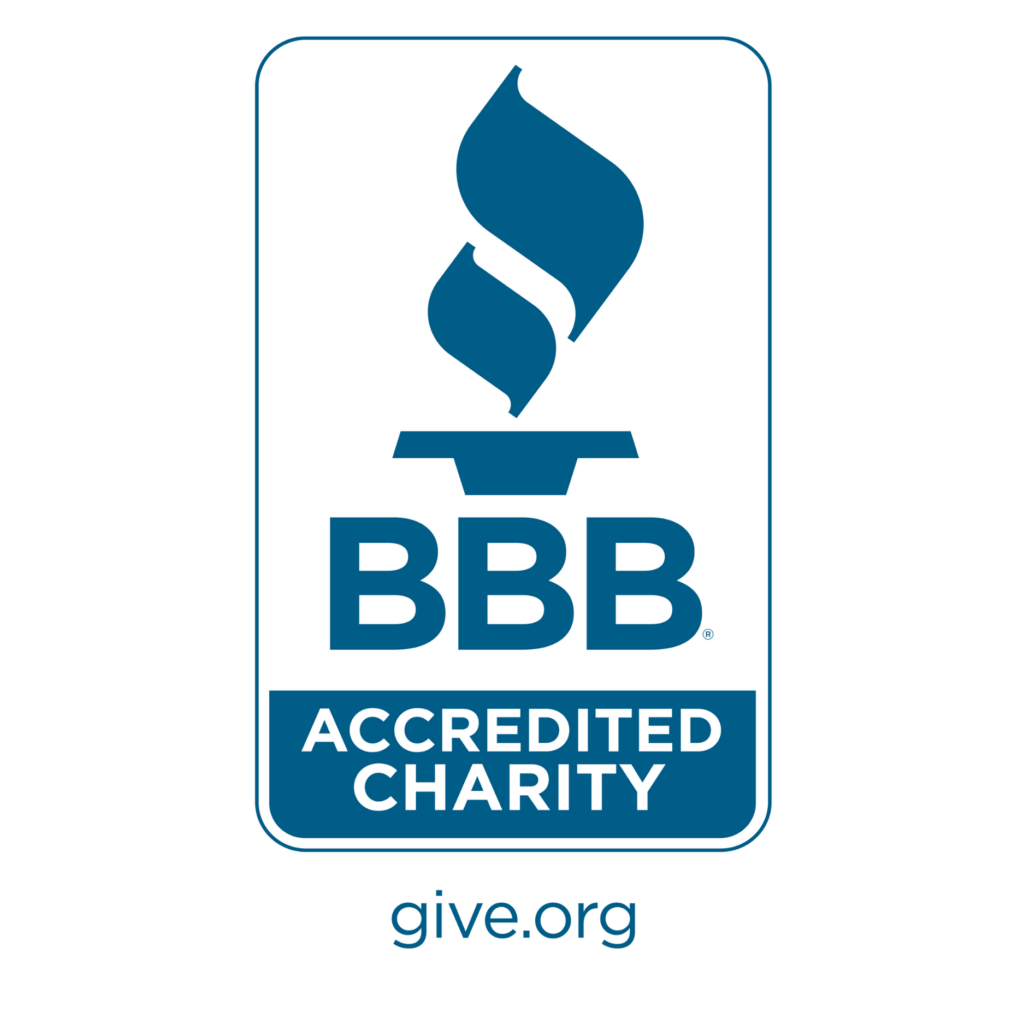Common Medications in Vascular Ehlers-Danlos Syndrome
Controlling Blood Pressure

Blood pressure monitoring on a regular basis is recommended to allow for early treatment if hypertension develops, thus reducing the risk for vascular stress and injury. Physicians may suggest use of blood pressure medications to patients with Vascular Ehlers-Danlos Syndrome (VEDS) even if the blood pressure is not high to try to minimize baseline vascular stress and influence the integrity of the blood vessel wall. Affected individuals should follow their doctors’ recommendations for taking medications. In general, blood pressure medications should not be stopped abruptly as this can cause a sudden and severe risk in hemodynamic stress (pressure on the blood vessels). Methods to wean off these medications should be discussed with personal physicians.
- Beta blockers, (also known as beta-adrenergic blocking agents), are medications that cause your heart to beat more slowly and with less force, which lowers blood pressure. Beta blockers can also lower blood pressure by reducing the resistance in your arteries. Currently, there is no expert consensus or trial evidence supporting the routine use of beta-blockers or the selection among various drugs within this class. Typical beta-blockers that are prescribed for individuals with VEDS are atenolol, metoprolol, propranolol and others. It is important to take blood pressure medication as prescribed to assure that blood pressure is maintained in the normal range.
- Angiotension Receptor Blockers (ARBs) are another class of drugs known to control blood pressure but work differently from beta-blockers. As with beta-blockers, at this time, the benefit or risks of this class of drug remains unknown for individual with VEDS. Cozaar (losartan), Avapro (irbesartan) and Benicar (olmesartan) are typical ARBs.
- Celiprolol is a third-generation beta-blocker only available in Europe. Acer Therapeutics recently requested that the FDA approve celiprolol for use in people with VEDS, based on a combination of the results in a small trial and data on long-term safety and outcome in a natural history study. The FDA rejected their request based on limitations in the data available. Patients should be aware that there are similar third generation beta-blockers, such as carvedilol, nebivolol, and labetalol, available in the US that are being prescribed off-label for this condition. However, there are no trials or long-term studies utilizing these drugs investigating protective effects or safety in this population. See The Marfan Foundation official statement on the FDA rejection of celiprolol.
Bowel Regularity
Many individuals with VEDS benefit from stool softeners and a regular laxative regimen. It is generally suggested to use bulk laxatives that draw fluid into the bowel, but to avoid stimulant laxatives that stimulate the bowel to contract. See more about maintaining healthy bowel habits.
Other Medications for Vascular Ehlers-Danlos Syndrome

Many physicians suggest routine use of high-dose vitamin C, which can help the body make better use of the collagen that it has available. Generally, a dose of 2-3 grams per day is considered for adults with VEDS. Pediatric dosing is individualized based on age and size. This should be discussed with personal physicians.





